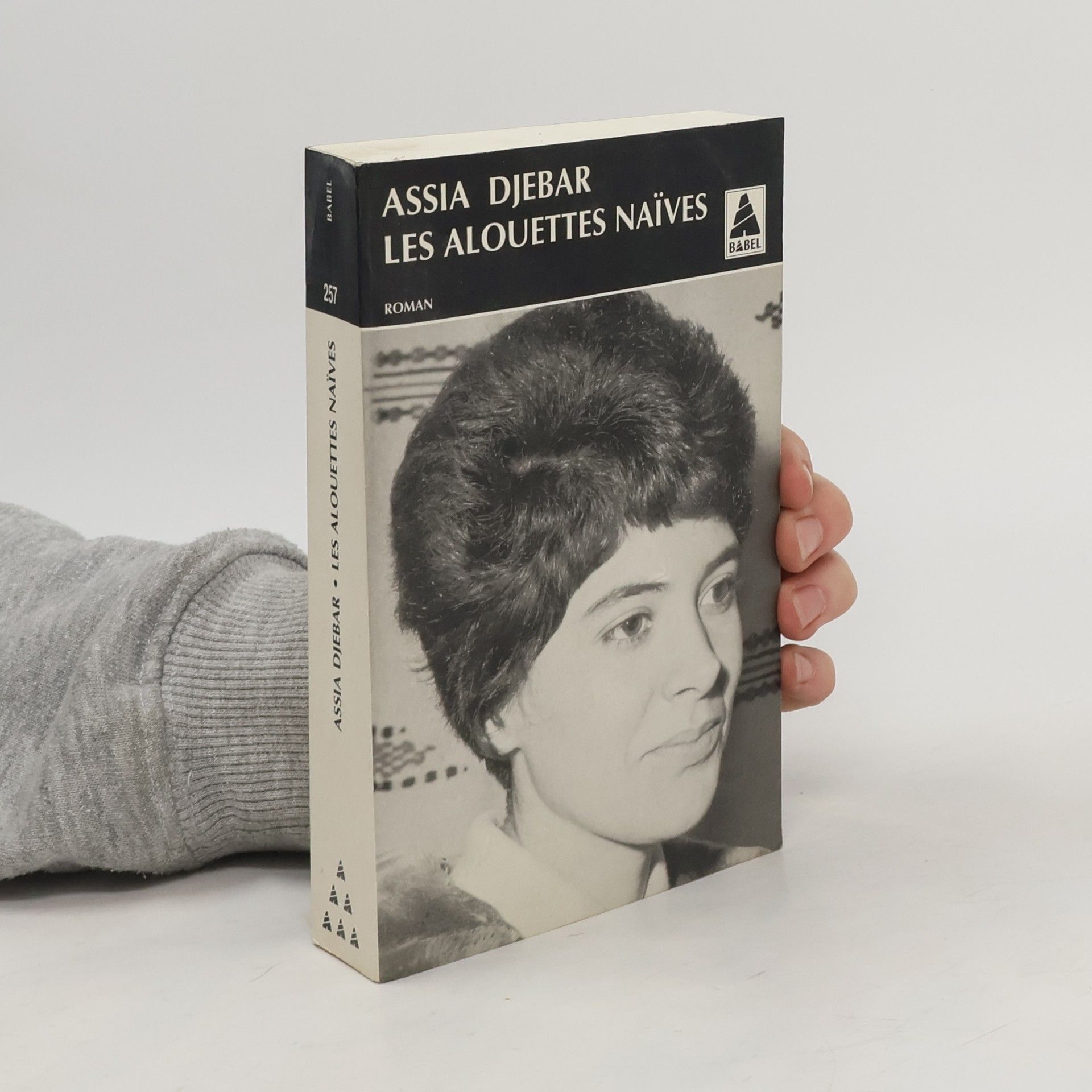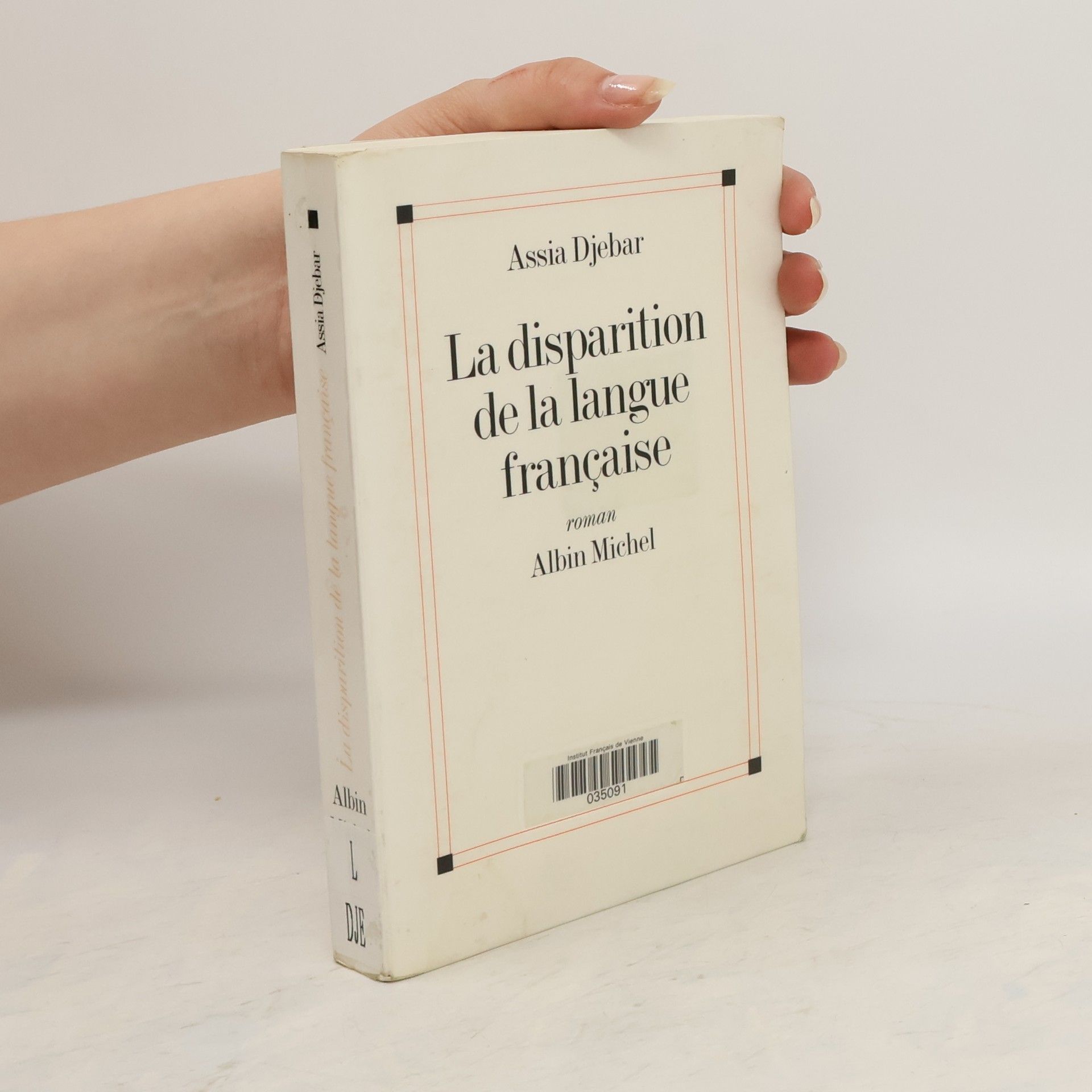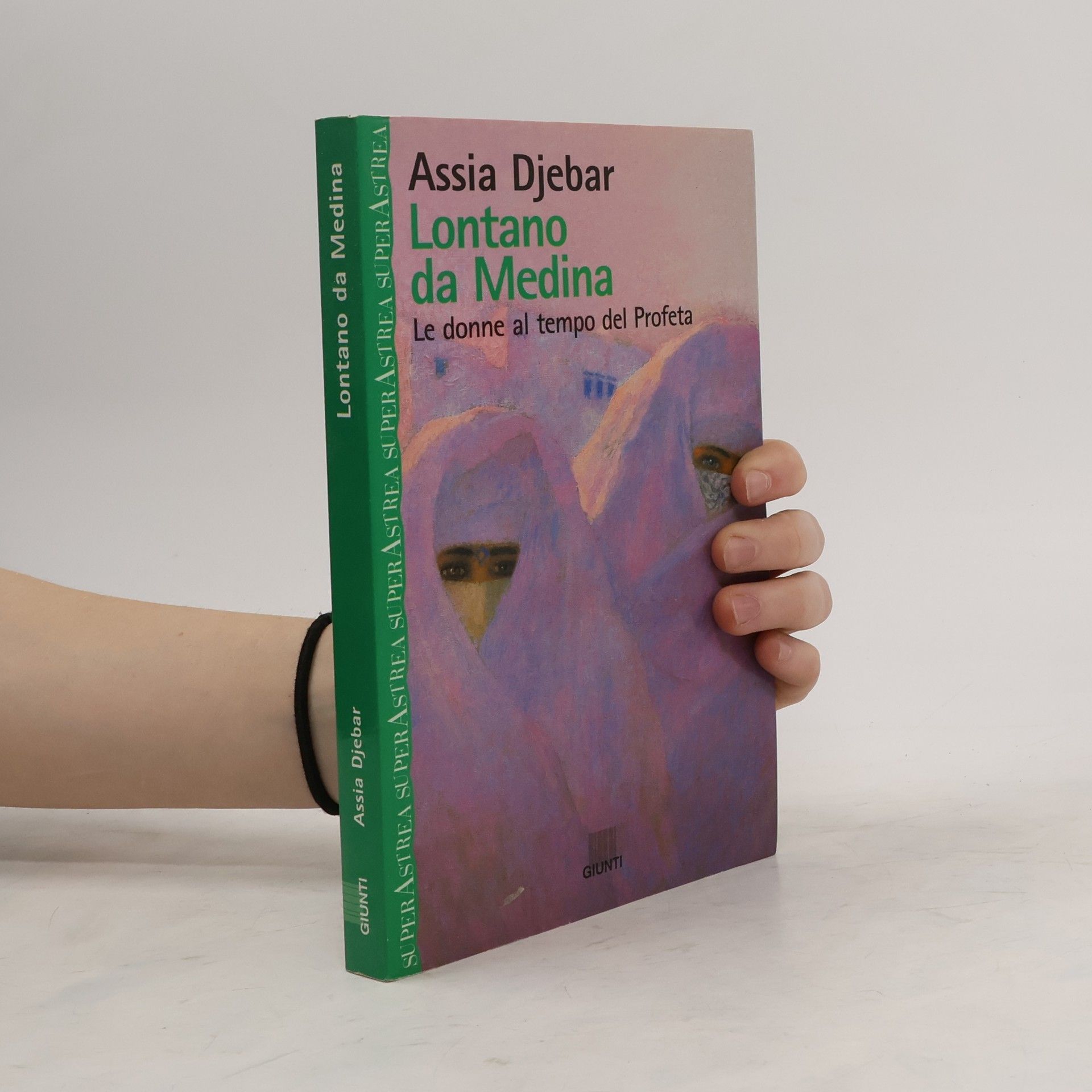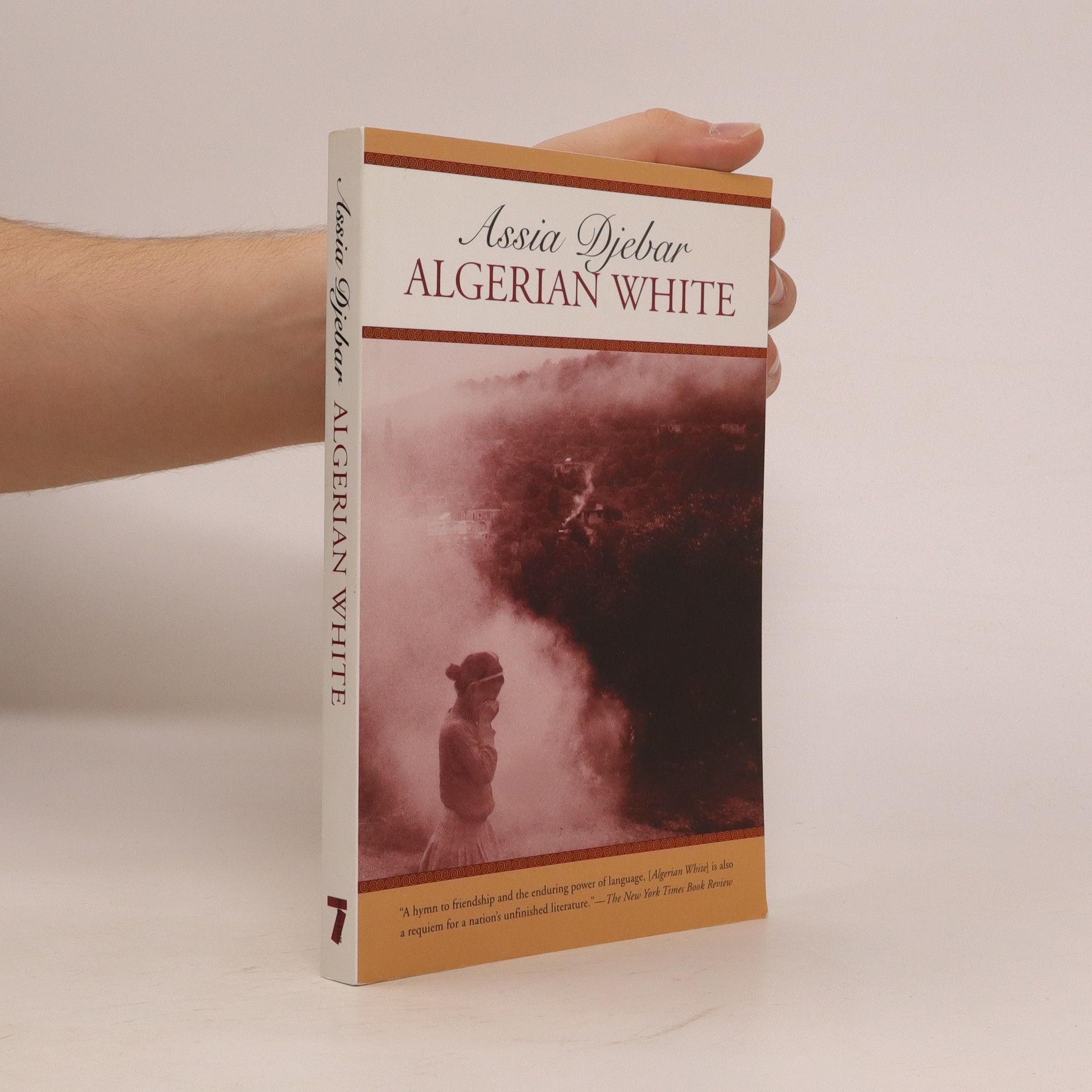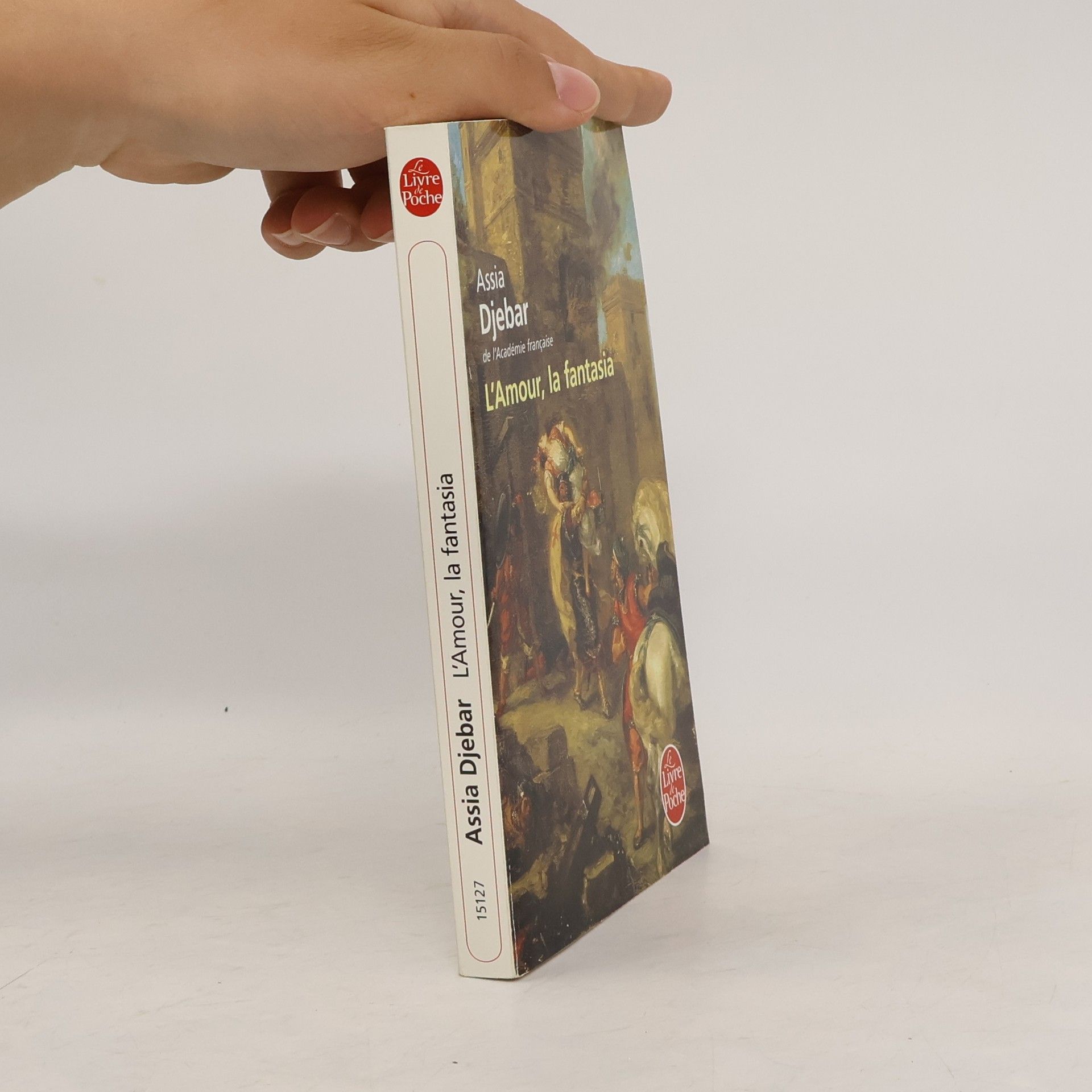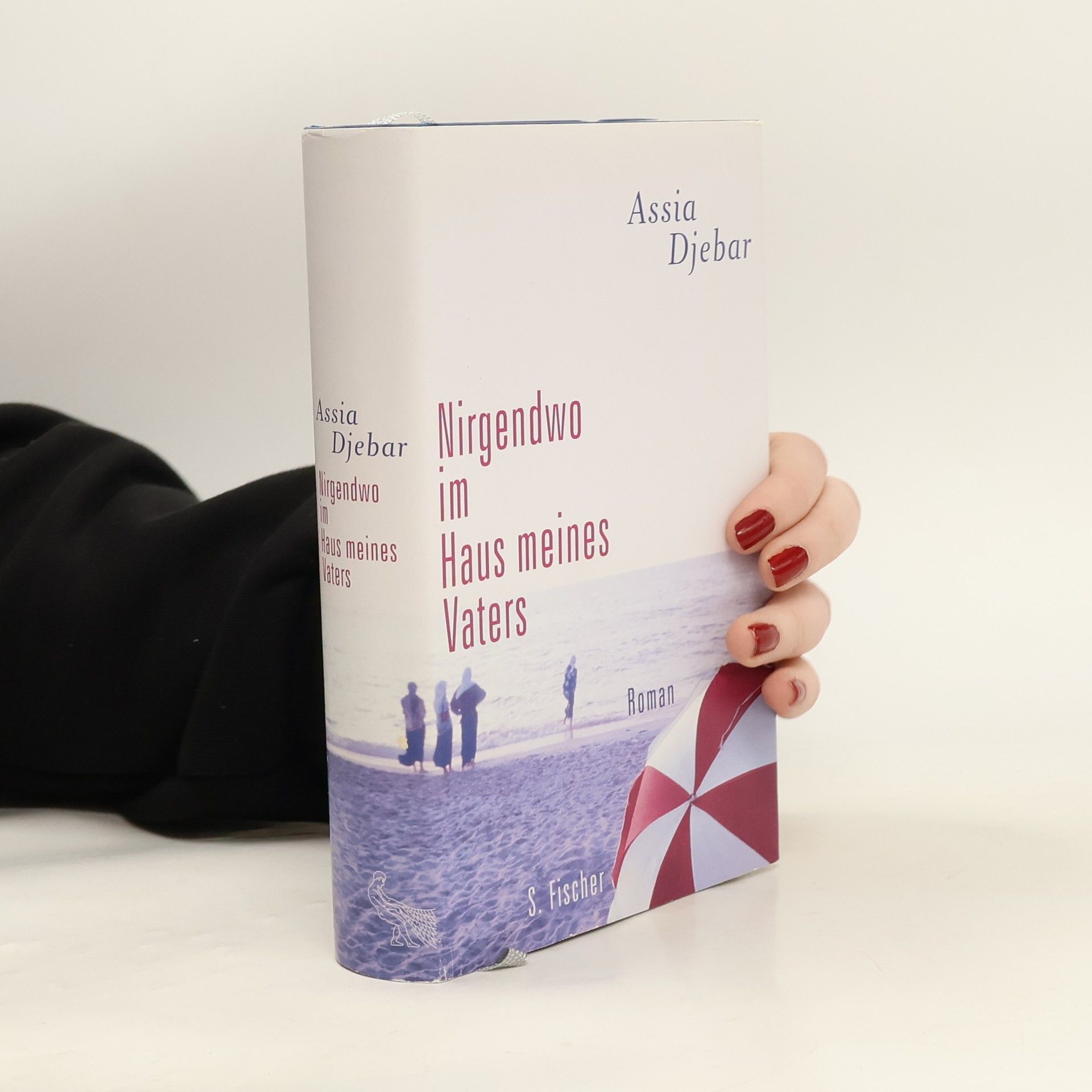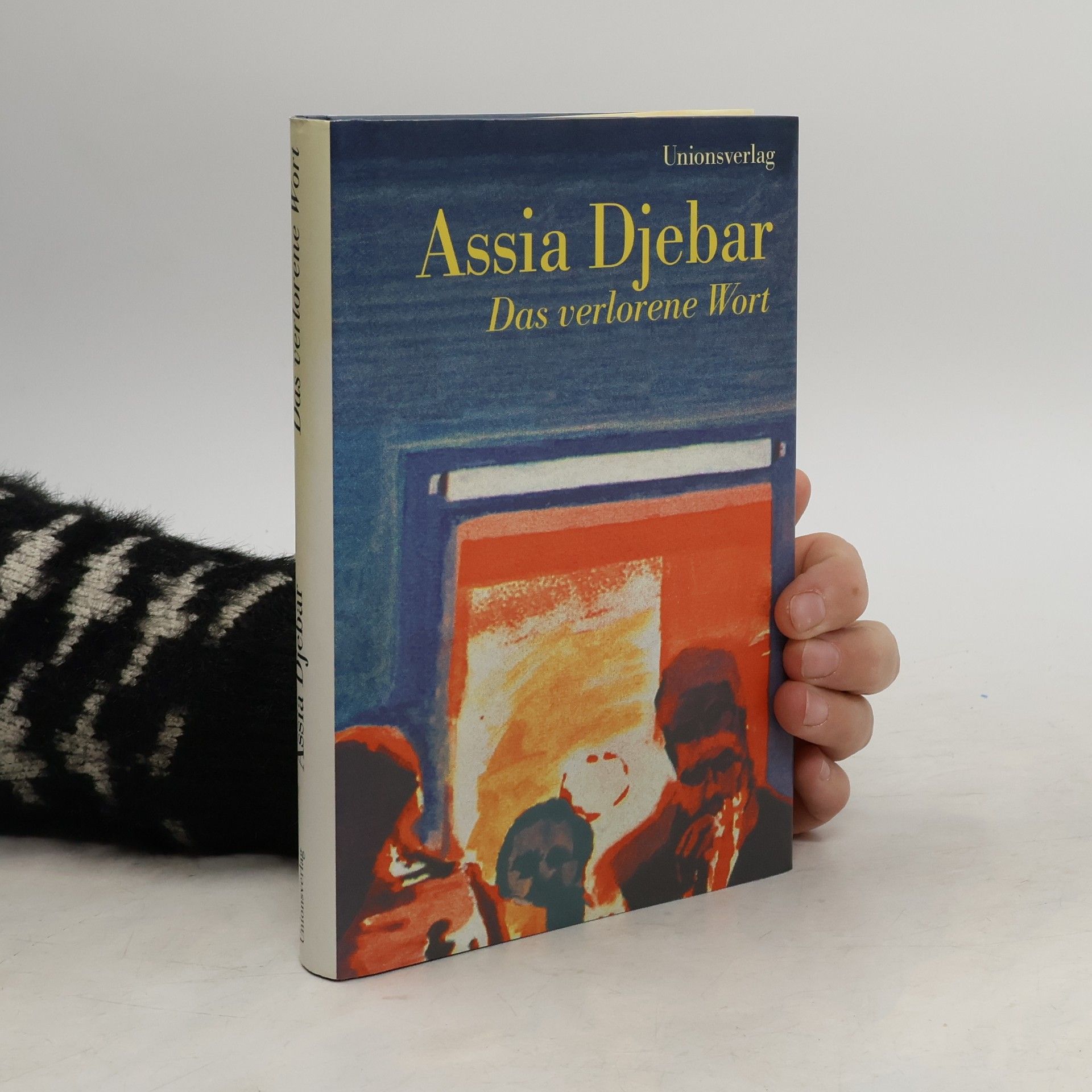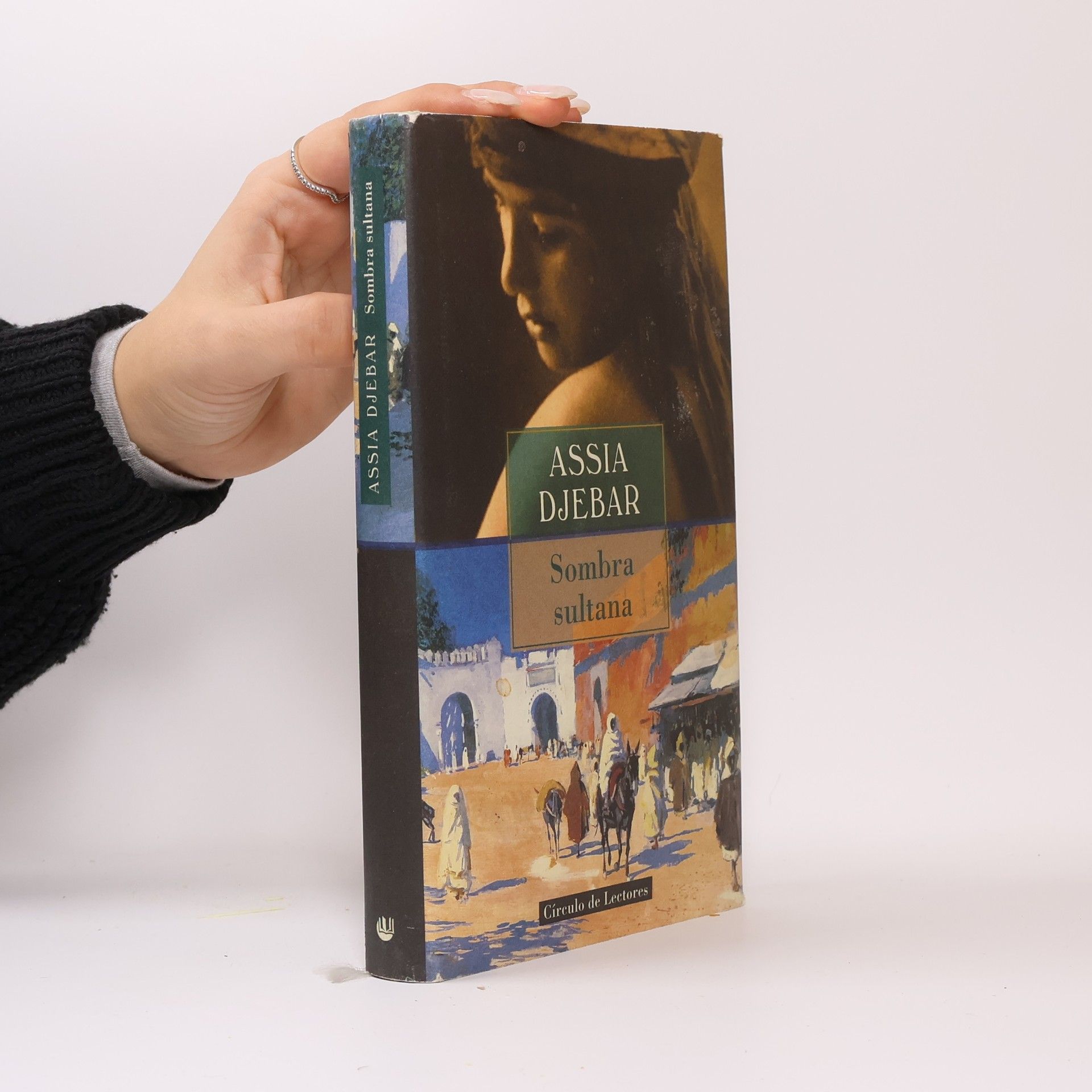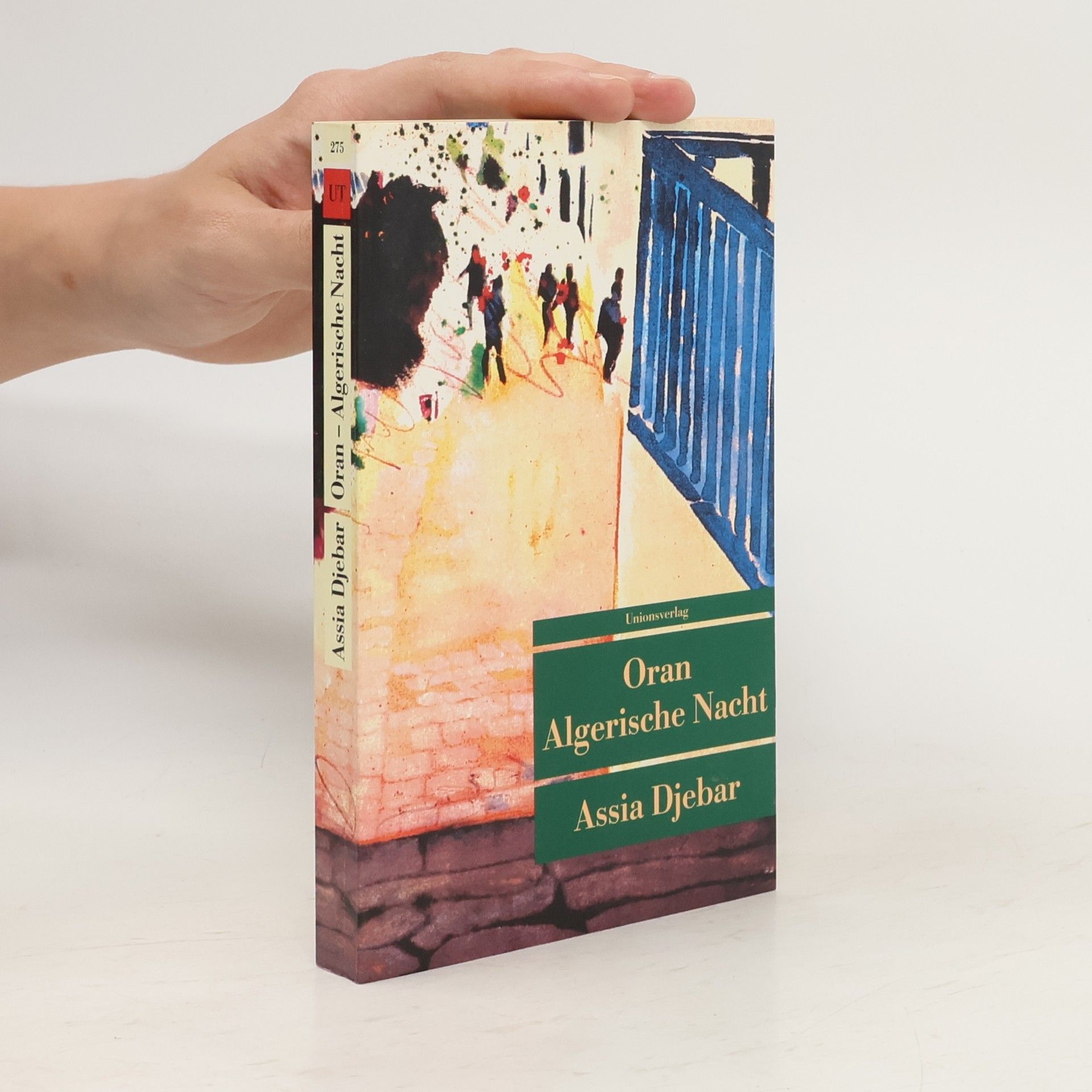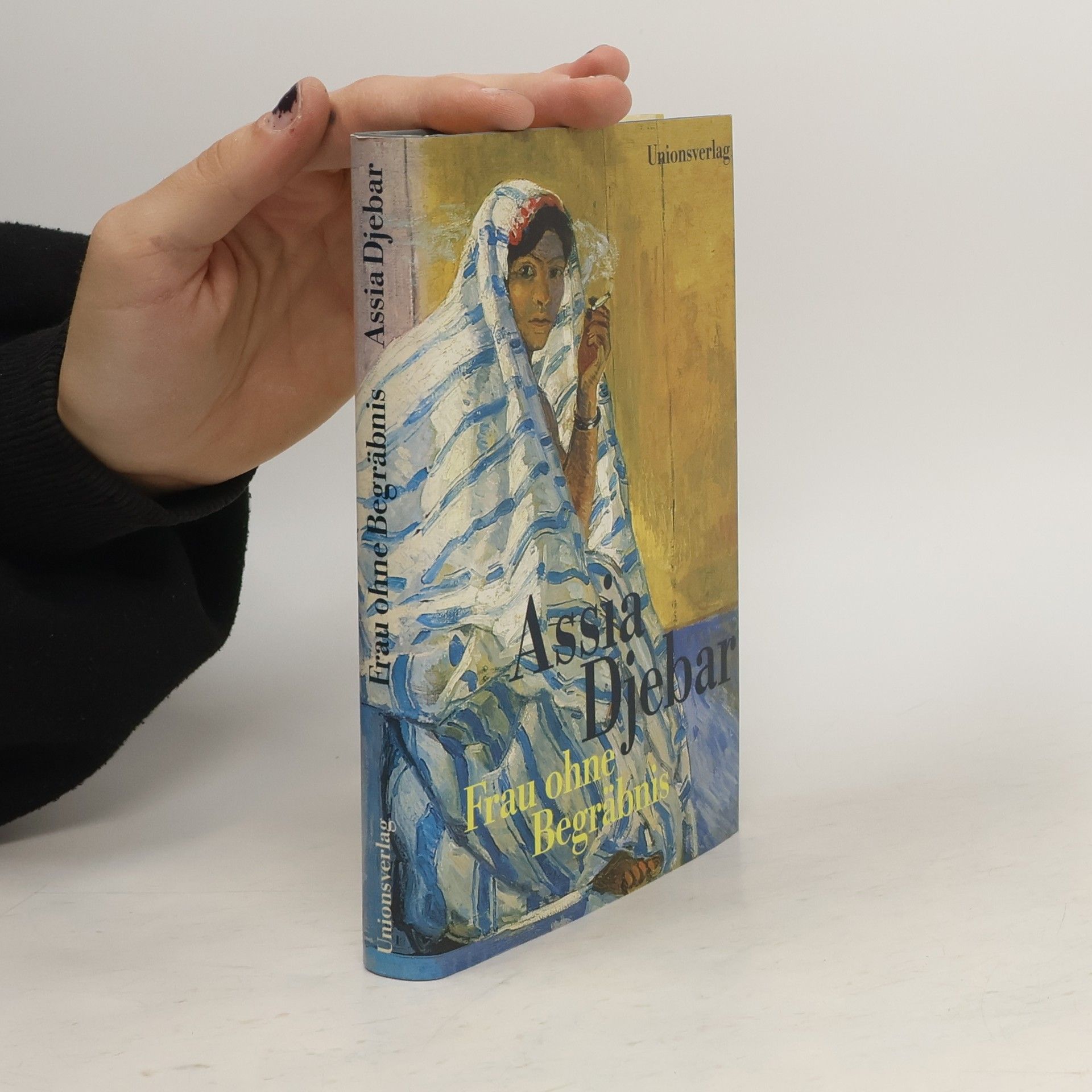L' Amour, la fantasia. Fantasia, französische Ausgabe
- 320 pages
- 12 hours of reading
Nous glissons du passé lointain au passé proche, de la troisième personne, à la première ; extraordinaire évocation du père, instituteur de français, de la mère, des cousines, des femmes cloîtrées vives et dont le cri et l'amour nous poursuivent. Assia Djebar, sans conteste la plus grande romancière du Maghreb, nous donne ici son œuvre la plus aboutie.

